Builder.ai and DailyHunt parent VerSe allegedly engaged in $60M round-tripping
The bankrupt AI startup and social media unicorn are allegedly engaged in reciprocal billing schemes between 2021 and 2024, generating phantom revenue through fabricated transactions that effectively cancelled each other out.


Builder.ai, the once high-flying AI startup now reportedly preparing to file for bankruptcy, has allegedly been involved in a years-long revenue inflation scheme, involving VerSe Innovation—the social media unicorn behind DailyHunt.
Between 2021 and 2024, the two companies allegedly engaged in “round-tripping”—a practice where companies bill each other for similar amounts to create the illusion of legitimate revenue, according to a report by Bloomberg.
Reports indicate that many of these transactions did not involve any actual exchange of services or products, raising serious questions about the legitimacy of Builder.ai’s financial statements during its fundraising years.
However, VerSe co-founder Umang Bedi has strongly denied these allegations in a statement to Bloomberg.
According to the report, documents reveal nearly $60 million in reciprocal payments between Builder.ai and VerSe Innovation and its subsidiary Quark Media Tech. These payments, covering everything from app development to marketing services, were allegedly timed and staggered to avoid detection. However, they appear to offset each other out in total value—classic indicators of round-tripping.
Compounding the controversy, VerSe Innovation—parent of news aggregator Dailyhunt and TikTok rival Josh—has faced its own share of scrutiny. In its FY24 audit, Deloitte issued an unqualified opinion on the financial statements, but delivered a scathing adverse opinion on internal controls, according to The CapTable.
A report by Deloitte found that Builder.ai lacked adequate internal controls across multiple areas, including supplier payments with unauthorised purchase orders and unverified payments, revenue recognition with ad revenue recorded without formal contracts based on informal release orders, digital asset management with insufficient oversight around crypto and AI investments.
The company's IT systems was also flagged for serious lapses, including weak access controls and missing audit trails. Additionally, its accounting software lacked a database-level audit trail for revenue records.
In a troubling turn, VerSe restated its FY23 revenue downward in its FY24 filings, reducing the figure from Rs 1,456 crore to Rs 1,104 crore. FY24 revenue came in even lower at Rs 1,029 crore—a significant gap from the upbeat public narrative of 75% growth earlier put out by the company.
Bedi attributed the changes to compliance with Ind AS 115 accounting standards, stating that the shift from gross to net revenue reporting was a technical accounting decision with no incentive model or wrongdoing involved.
Following the audit, VerSe's Chief Financial Officer Sandip Basu resigned, citing health reasons. Deloitte also exited as the auditor, reportedly as part of routine auditor rotation requirements under Indian law, though the timing of these resignations has raised eyebrows given the severity of the audit findings.
Builder.ai's situation presents an even starker collapse. Once valued at $1.5 billion after raising over $450 million from investors including Microsoft, Insight Partners, and Qatar Investment Authority, the company disclosed that a major creditor had seized its funds, prompting the board to pursue insolvency.
US prosecutors have since subpoenaed the company for customer lists, accounting policies, and financial records. Bloomberg previously reported that Builder.ai overstated projected 2024 sales by 300%, misleading lenders in the process.
Edited by Megha Reddy














































































































































































![[The AI Show Episode 150]: AI Answers: AI Roadmaps, Which Tools to Use, Making the Case for AI, Training, and Building GPTs](https://www.marketingaiinstitute.com/hubfs/ep%20150%20cover.png)
![[The AI Show Episode 149]: Google I/O, Claude 4, White Collar Jobs Automated in 5 Years, Jony Ive Joins OpenAI, and AI’s Impact on the Environment](https://www.marketingaiinstitute.com/hubfs/ep%20149%20cover.png)



























































































































![[DEALS] The All-in-One CompTIA Certification Prep Courses Bundle (90% off) & Other Deals Up To 98% Off – Offers End Soon!](https://www.javacodegeeks.com/wp-content/uploads/2012/12/jcg-logo.jpg)



![How to Survive in Tech When Everything's Changing w/ 21-year Veteran Dev Joe Attardi [Podcast #174]](https://cdn.hashnode.com/res/hashnode/image/upload/v1748483423794/0848ad8d-1381-474f-94ea-a196ad4723a4.png?#)







































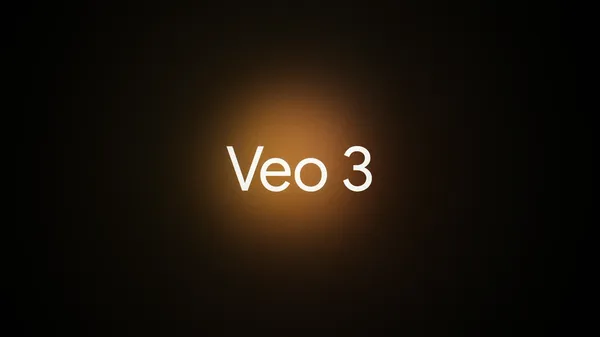























































































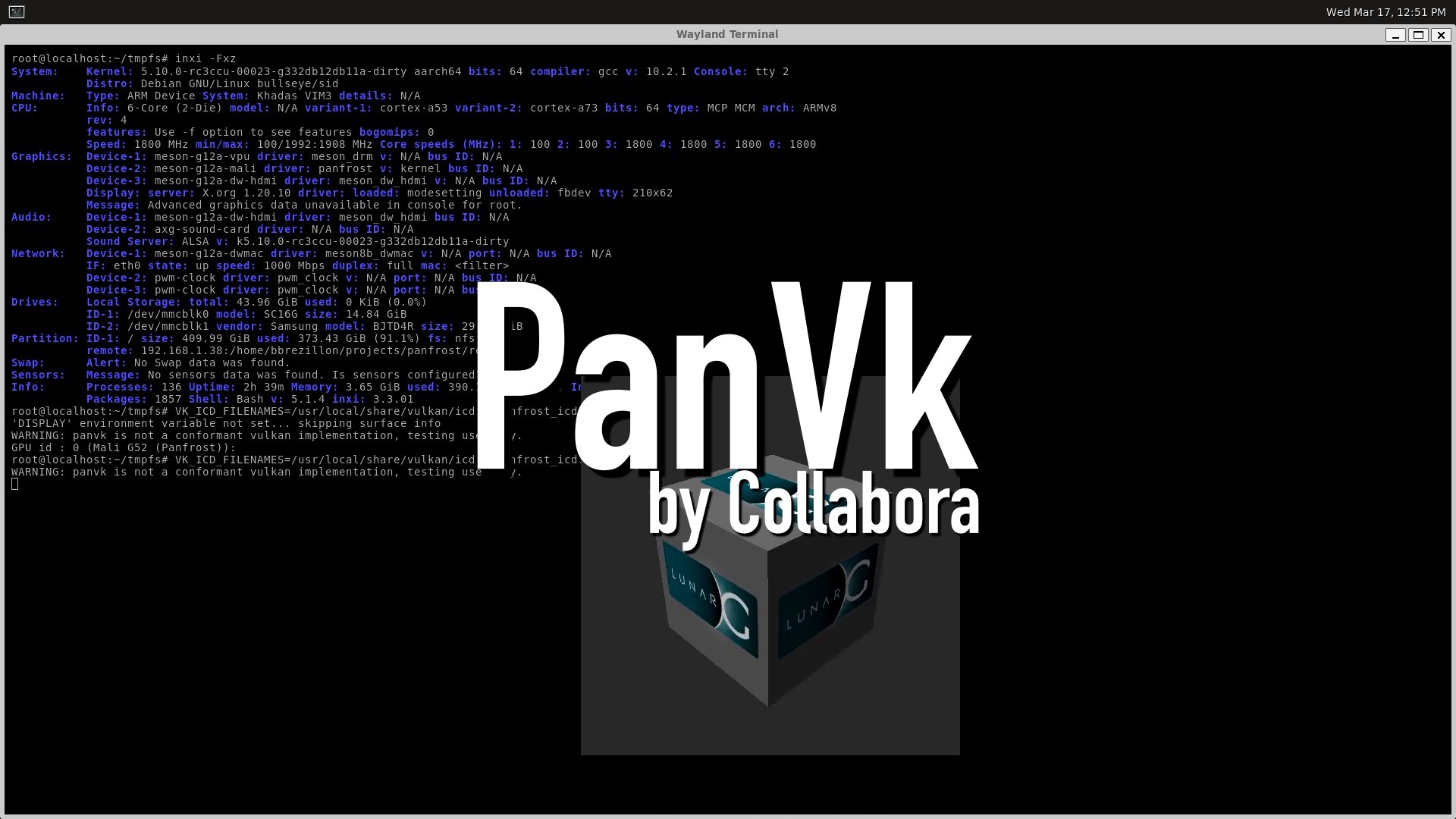







_ArtemisDiana_Alamy.jpg?width=1280&auto=webp&quality=80&disable=upscale#)


















































































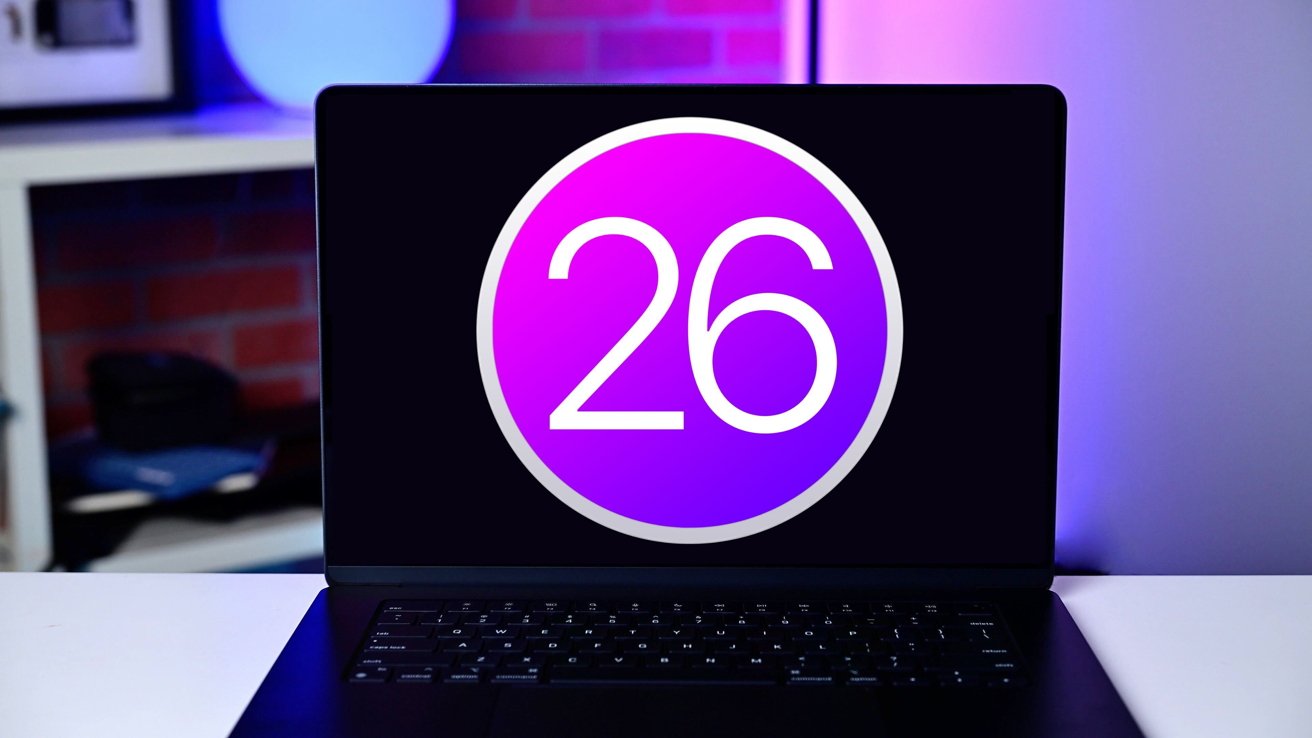



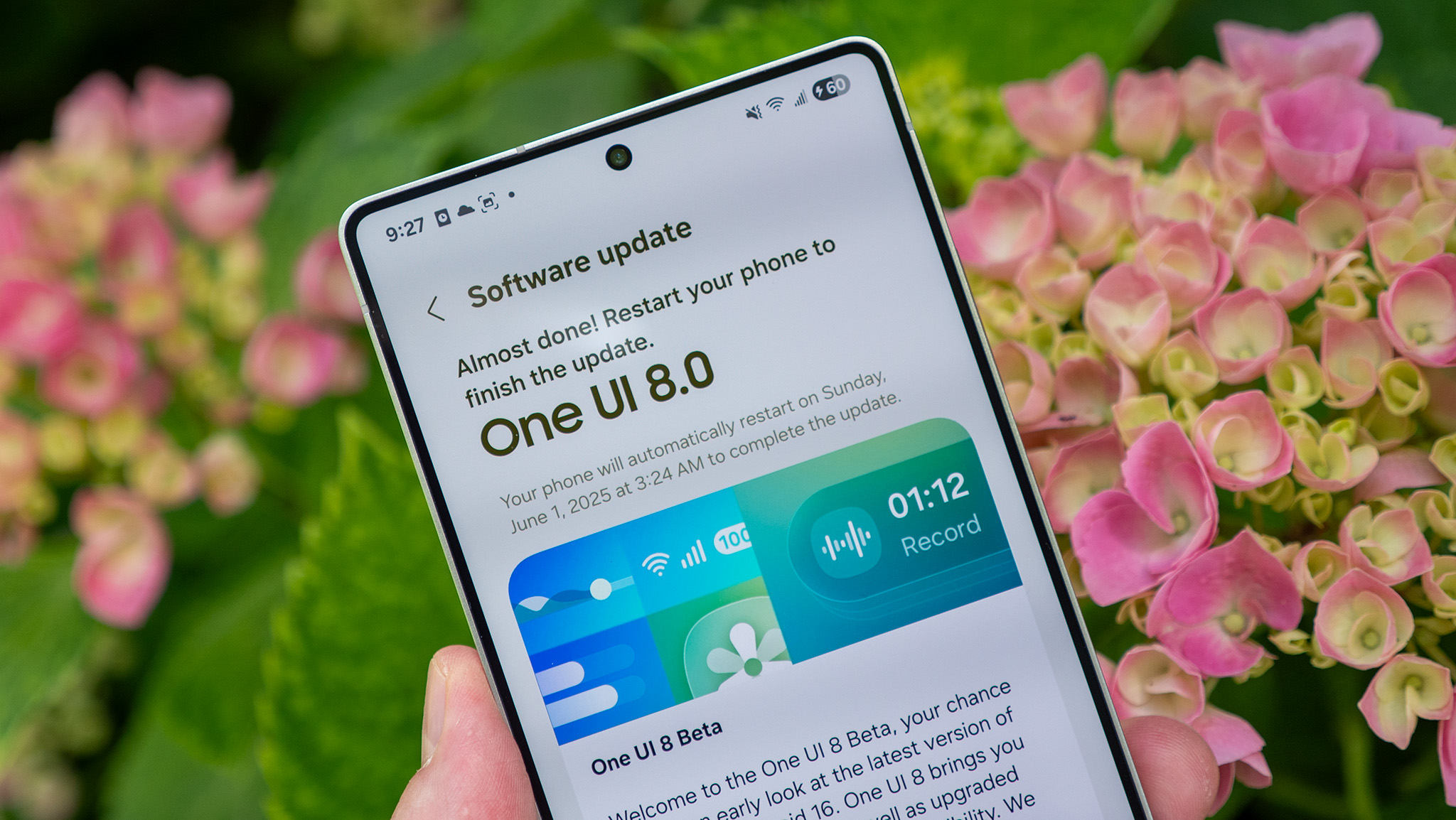


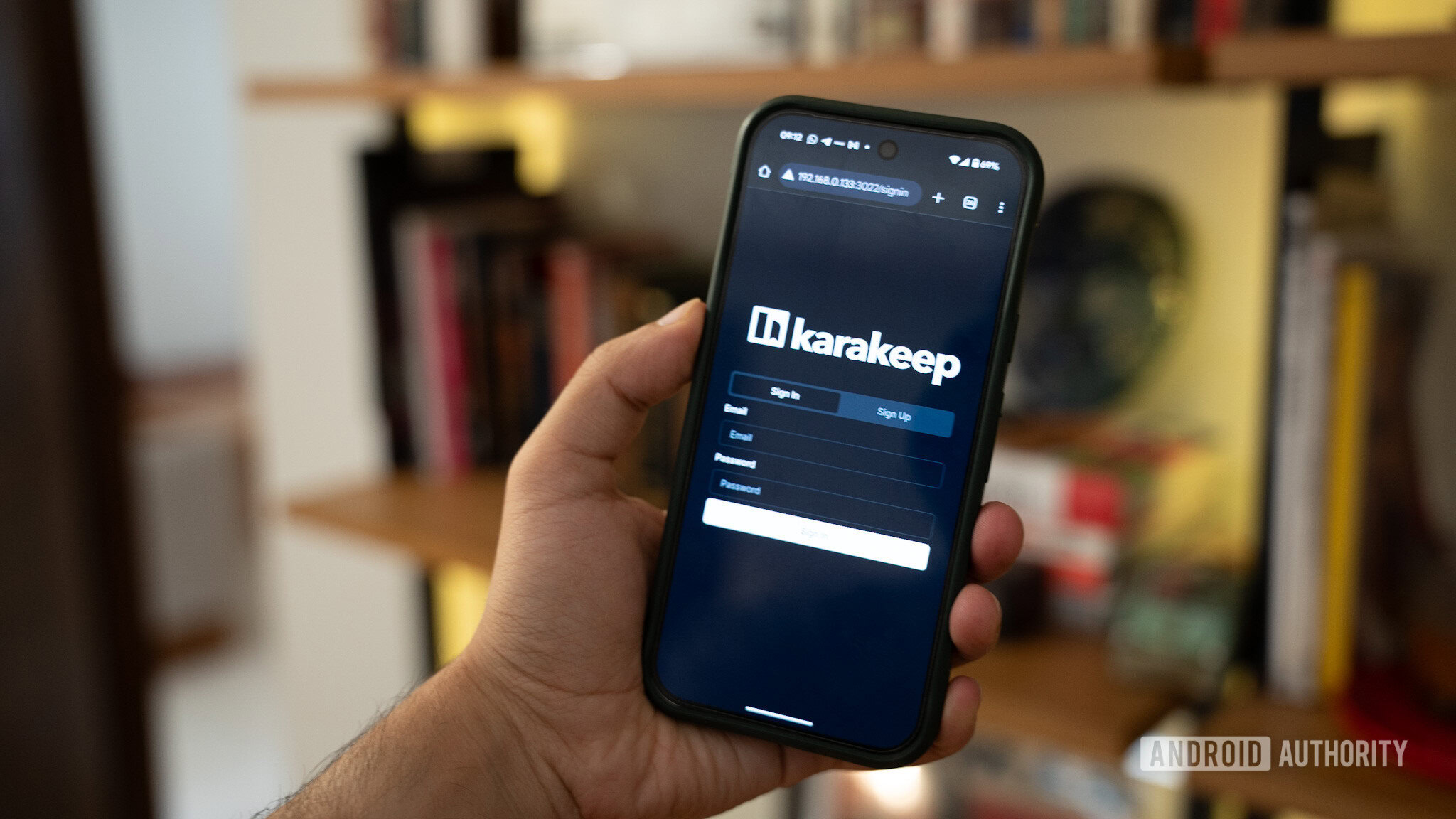


![Satechi launches OnTheGo 3-in-1 charger with compact design & Qi2 support [Video]](https://i0.wp.com/9to5mac.com/wp-content/uploads/sites/6/2025/04/ONTHEGO_3in1_APLUS_MODULE4_Banner2_Sand_desktop.jpeg?resize=1200%2C628&quality=82&strip=all&ssl=1)
















![Apple to Name Next macOS 'Tahoe,' Switch to Year-Based OS Names Like 'macOS 26' [Report]](https://www.iclarified.com/images/news/97471/97471/97471-640.jpg)
![Sonos Father's Day Sale: Save Up to 26% on Arc Ultra, Ace, Move 2, and More [Deal]](https://www.iclarified.com/images/news/97469/97469/97469-640.jpg)




































































